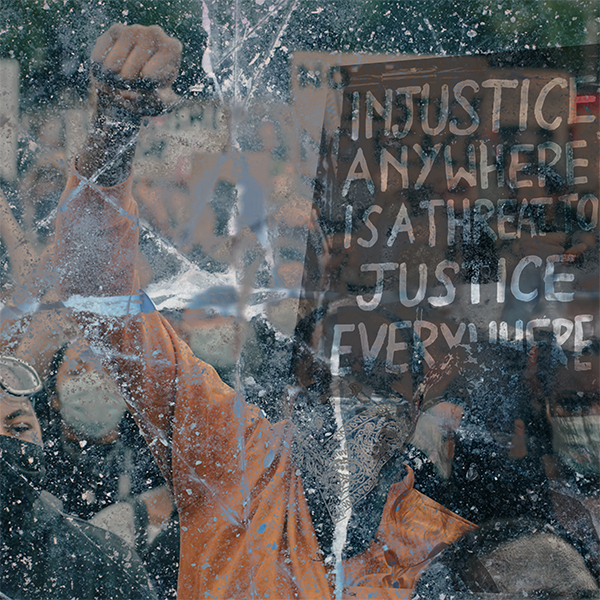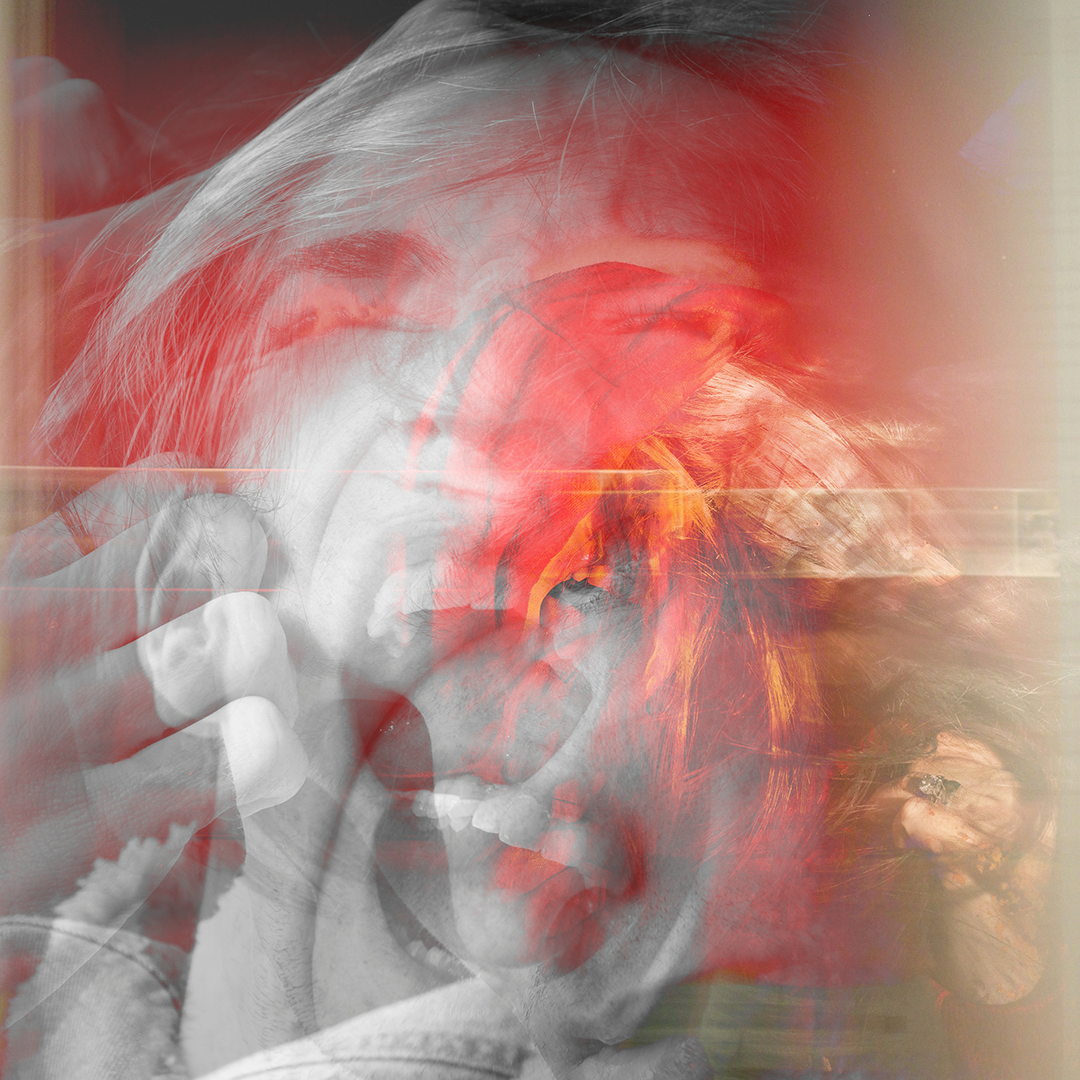The Blessing of Sufficiency Through Self-Denial
Like many others, I’ve been watching the upward tick of numbers on my television screen as the count of those infected with or dead from the novel coronavirus COVID-19 continues to climb.
The worried looks of the reporters, the somber tone of the doctors and politicians, the urgent pleas from patients and family members all combine to create a tension in my body and a heaviness in my soul. But my spirit is not tense. It remains light with hope, secure in the knowledge that our God has not abandoned his throne.
My spirit is not tense. It remains light with hope, secure in the knowledge that our God has not abandoned his throne. Share on XWhile tensions mount in the natural world, this season of the year provides an interesting parallel in the spiritual realm. As citizens of the kingdom of heaven, we march for forty days through the somber heaviness of Lent towards a cross. Lent is a season of reflection and preparation, through physical sacrifice and withdrawal, before the celebration of Easter.
I can remember my first attempt at fasting. It was a three-day fast of all food that our church body had agreed to enter into together, along with a time of prayer. The first day was awful. It seemed despite my attempts to do otherwise that all I could think about was food! Whenever my stomach growled, I responded by busying myself with tasks to desperately ignore it. I was grateful when it was finally time to go to bed so I could stop thinking about hunger. I prayed for God to help me. I prayed for strength. I prayed that my hunger might be taken away.
On the second day, the headaches arrived and by midday I was already tired. But the loud demands from my stomach were less frequent and less intense. I began to pray for the needs of others. I prayed for the needs of my church. I prayed for strength to endure. On the third day, my headache was gone. I felt far less hungry and less tired while far more aware of God’s presence and provision. I thanked God for his power. I thanked God for his strength and rejoiced in the knowledge that he had been with me.
Fasting, the voluntary denial of your body’s physical needs or desires such as food, drink, caffeine, sugar, nicotine, allows us to identify with the Christ and his forty-day fast in the wilderness overcoming temptation. In the denial of the flesh, we remember our weakness and humanity, our proneness to carnal desire and sin. We remember the truth of our need for a Savior and the reality of our dependence on his power and provision. Often, the longer we fast, the more we discover or recall our ability to rely on the Spirit for help and sustenance beyond our natural capacity. We cease to lean on our own understandings, and his strength is made perfect or complete in our weakness.
When Jesus concluded his time of fasting, he began his three years of earthly ministry. Only at the end of ourselves are we ready to enter the work of service. I write more about this in my book Bread for the Resistance: Forty Devotions for Justice People:
When we begin at empty, we are forced to work from God’s supply, according to his timetable and at his pace. We are more often unseen and may go unappreciated but we are seldom burned out. Instead we are emptied again and again, forced to return to our source to be refilled with his grace and power and sustained by his infinite love. (p. 42)
Jesus’ ministry culminated in his death and resurrection. Easter, the celebration of the bodily resurrection of Jesus from the dead, is a day of remembrance and a celebration of his triumph over death, hell, and the grave and our gift of eternal life. Our annual rehearsing of these truths should renew our resolve to press on in the work of kingdom occupation in this world.
As we move forward from this season into the rest of the year, especially in light of what may lie ahead in this present pandemic challenge, we must remind ourselves of these Lenten truths through the regular sacrament of communion and the disciplines of devotion. Daily we must offer the sacrifice of time, stillness, silence, and rest. We must regularly withdrawal from the chaos of electronic stimulation and the incessant chatter and pace of busyness. We are indwelt, as believers, with the power and presence of the divine and gifted with the community of a triune God.
In light of what may lie ahead in this present pandemic challenge, we must remind ourselves of these Lenten truths through the regular sacrament of communion and the disciplines of devotion. Share on XThe wilderness is an extended season or place when we are separated from the familiarity and comforts of our regular existence. It is a dry and lonely place. It is a barren land. In his wilderness, Jesus was faced with the temptations of self-preservation, pride, and power. In our wilderness experience today, many are faced with the temptations of anxiety, fear, and hatred. Anxiety creates worry about what will happen to us, nervousness as to what we will be able to do about it, and uneasiness about the outcome. It robs us of peace and steals our joy. Fear, its evil twin, can paralyze us while hatred will cause us to lash out at others.
During Lent, in the strength gained through reflection and sacrifice, we can choose to resist the fulfillment of these natural desires. And afterward, in resurrection power and through the continued practices of stillness, silence, and rest, we can slow our racing thoughts, quiet our pounding hearts, and recall that we have been here before at the end of ourselves, and survived. He is there in us, a well springing up into life, the King of glory. And God is enough.
Do not be anxious or worried about anything, but in everything [every circumstance and situation] by prayer and petition with thanksgiving, continue to make your [specific] requests known to God. And the peace of God [that peace which reassures the heart, that peace] which transcends all understanding, [that peace which] stands guard over your hearts and your minds in Christ Jesus [is yours].
—Philippians 4:6-7 (AMP)



